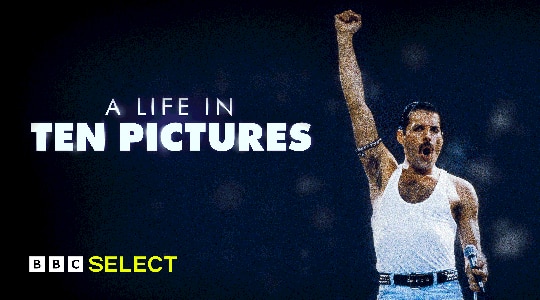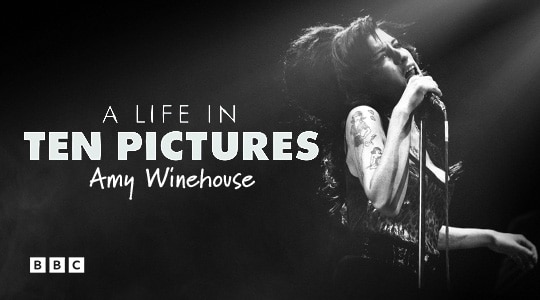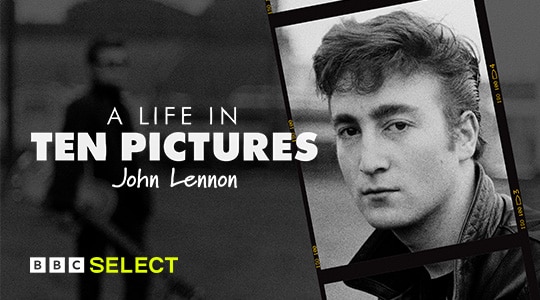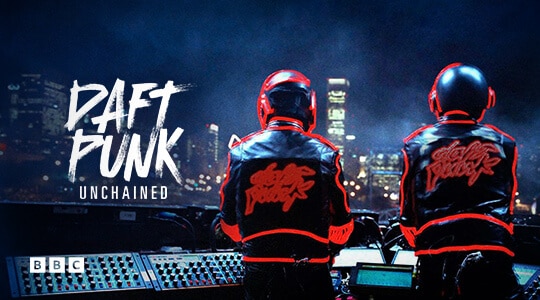Disco: The Soundtrack of a Revolution
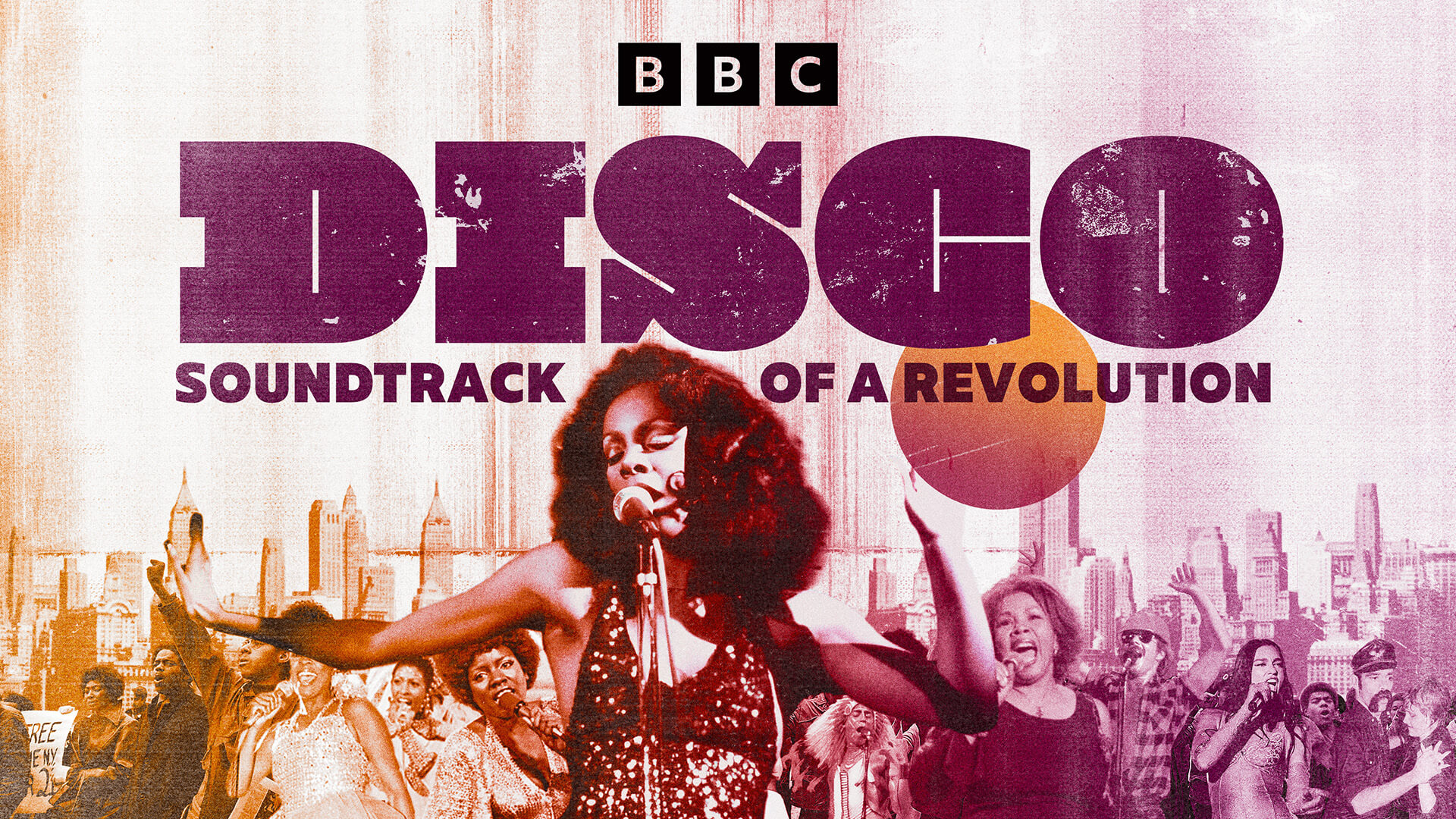
Disco embodied the height of 1970s glamour. It was a dancefloor culture born in New York that took over the world. But its success also obscured its wider significance. Disco originally belonged to the marginalized and dispossessed: gay, black and Hispanic men and women. This fascinating music documentary untangles the complicated roots of Disco and reveals its influence and its legacy.
Watch Disco: The Soundtrack of a Revolution and more acclaimed documentaries on BBC Select today. Restrictions apply*.
Disco: The Soundtrack of a Revolution on BBC Select
Episode 1 – Rock the Boat
How a new sense of liberation in New York’s gay communities gave birth to Disco.
In the 1970s, during the aftermath of the Stonewall Riots, a sense of liberation fueled a new sound in New York. In their quest for a safe space to meet, New York’s gay, black and minority ethnic communities started coming together in apartments and basement bars to dance. It was the beginning of a new kind of music and a pioneering dance floor culture that would change music forever.
Episode 2 – Ain’t No Stoppin’ Us Now
Disco reached its peak in the mid 1970s turning unlikely figures into musical icons.
Disco hit its peak in the mid-to-late 70s, conquering the mainstream and turning black women and gay men into icons. From Donna Summer’s anthemic, provocative single Love to Love You Baby to Sylvester’s You Make Me Feel Mighty Real, Disco was everywhere. At a time when the post-civil rights generation struggled to be heard politically and socially, their call for liberation was found in disco.
Episode 3 – Stayin’ Alive
By the end of the 70s, Disco seemed untouchable. But it was about to face a backlash.
At the end of the 1970s, the founding principles of disco, queerness, diversity and feminism, were coming under increasing attack from a predominantly white, straight, rock-loving audience. Mass marketing and rampant commercialism were beginning to turn the tide. A glut of bad disco singles and the perceived elitism of clubs like Studio 54 fueled a surge in anti-disco feeling.





